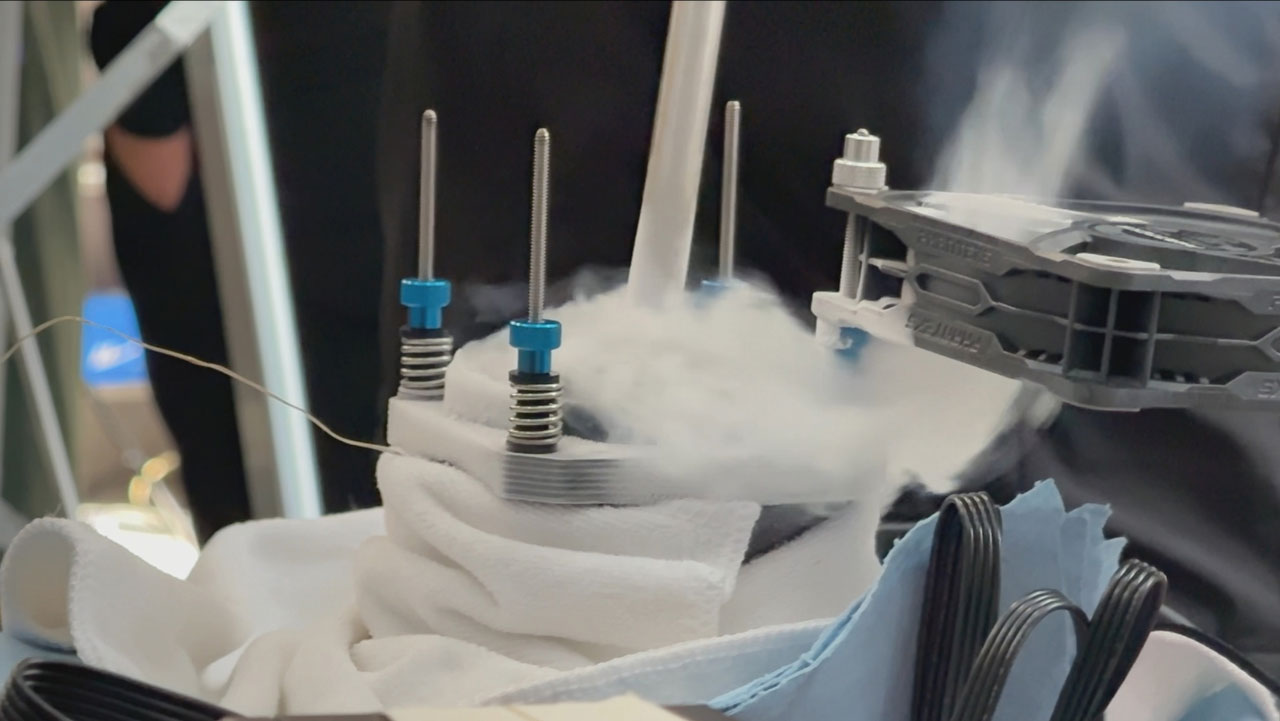
CPU frequency world records continue to be set, but not by Intel’s new Core 200S processors. A Chinese user, “wytiwx”, has pushed the Intel i9-14900KF past 9.12 GHz, officially seizing the crown from Elmor. Fun fact: HWBot’s data shows that, to date, Elmor has been the only person to breach the 9 GHz territory, but not anymore.The test bench that enabled this feat is powered by the i9-14900KF with all E-cores disabled and hyperthreading turned off. The setup was paired with the Asus ROG Maximus Z790 Apex and 16GB of DDR5 memory. The overclocker opted for the Windows 7 (6.1) Operating System which is surely an interesting choice.Normally, the i9-14900KF wields an iGPU-less configuration with 24 cores (eight P and sixteen E) and 32 threads with an out-of-the-box turbo clock of 6 GHz. This processor stands as Intel’s fastest gaming CPU; only to be dethroned by AMD’s top X3D counterparts. These X3D CPUs have been the Achilles’ heel for Intel, though Team Blue actually has an answer to AMD’s V-Cache technology; just not for consumers.With a core voltage of 1.387V and likely under Liquid Nitrogen or Helium, the i9-14900KF managed to hit 9.121 GHz, dethroning the previous world record by the thinnest of margins at just 4 MHz. So, it probably won’t be long until Elmor steps in to reclaim his crown. While the i9-14900KS might seem like the go-to for overclocking, it is essentially just a better-binned variant of the i9-14900K.The Raptor Lake lineup, excluding the degradation fiasco, was Intel’s first series to supersede AMD’s Piledriver FX-8350 after 12 years. Again, these record-breaking overclocks are impressive but not indicative of how silicon performs in the real world since they involve exotic cooling solutions and extreme settings.That said, Arrow Lake also has decent overclocking potential when it comes to memory. The newer process node and disaggregated layout might limit peak core clock potentials, but that’s a tradeoff for better efficiency. Nonetheless, 25 years ago, Intel said we’d have 10 GHz CPUs by 2005… Frequency isn’t the be-all and end-all of CPU performance but that same 10 GHz barrier will be the next major milestone for the overclocking community.Get Tom’s Hardware’s best news and in-depth reviews, straight to your inbox.
Intel i9-14900KF overclocker clinches CPU frequency world record at 9.12 GHz — Wytiwx joins Elmor as the only person to push a CPU past 9 GHz

